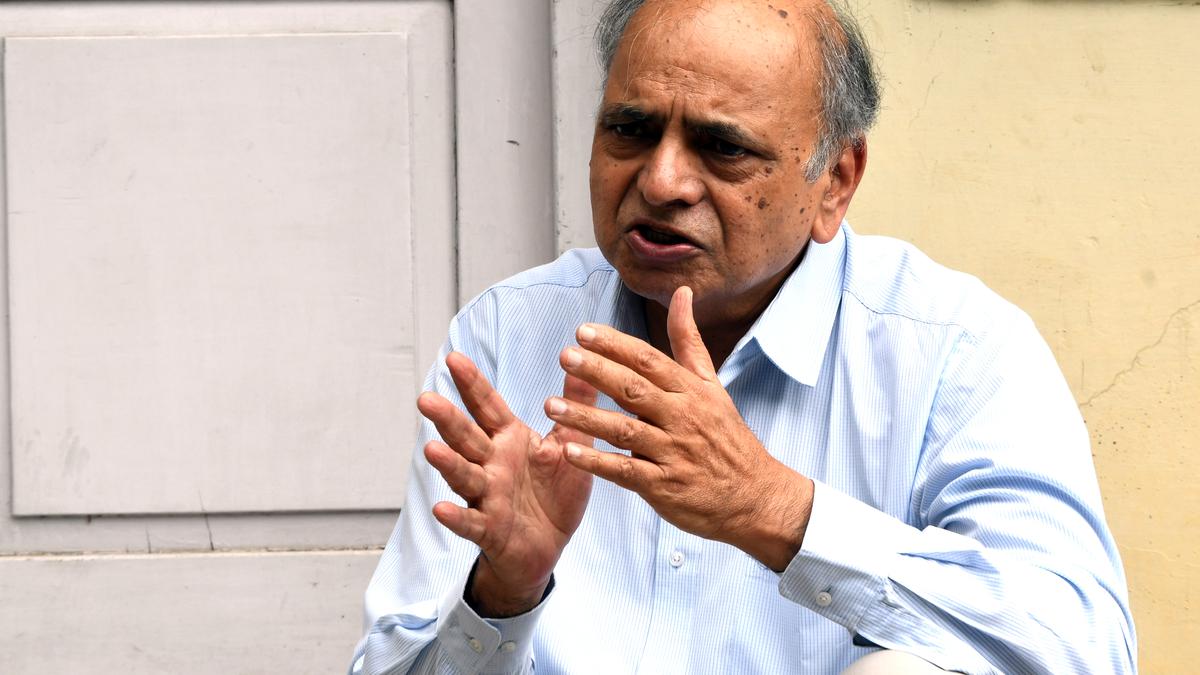
Interview: Dr. G.N. Devy ‘In four decades about 280 languages have disappeared’ Premium
The Hindu
Dr. G.N Devy talks about the fallacy of ‘One Nation One Language’, the polarizing nature of UCC, the fast demise of languages, and his works as the second recipient of the Obaid Siddiqui Chair at the Archives at NCBS.
Scholar, historian and cultural activist Dr. G.N. Devy has extensively worked with the Denotified and Nomadic Tribes and Adivasis, and initiated the People’s Linguistic Survey of India in 2010. A Padma Shri recipient, he was awarded the Sahitya Akademi Award (1993) for his book ‘After Amnesia.’ In 2015 he returned the Akademi Award protesting the growing attempts to stifle freedom of expression, democracy and secularism in India. ‘The Indians -Histories of a Civilization’ edited by Dr. Devy, Tony Joseph and Ravi Korisettar was released on 18 July.
Excerpts from an interview:
Be it UCC or ‘One Nation One Language,’ all those have two clear intentions. One is to use language, identity and the idea of law or civil code as polarizing tools. The second is the idea of citizenship which is rooted in a faulty understanding of history.
To correct this is a big challenge. People will have to understand that these identity issues - be it linguistic, religious or ethnic identities - don’t matter in relation to livelihood, development, education or healthcare. In Karnataka, we saw that a lot of polarization was attempted, but people saw through it. One cannot hope to counter such attempts only through intellectual initiatives or popular movements. They need to be countered by people who are the main stakeholders in the being of a nation and its citizens.
The repeat of PLSI is a very good goal. But the question is how practical it would be. I started working towards it in my early 30s. Now I’m in my mid-70s. So, somebody from the next generation has to take it forward.
When I started thinking of the People’s Survey, the issues were relatively less challenging. There was an arbitrary imposition by the state that only those languages spoken by more than 10,000 people would be recognised as languages. That had knocked out a number of languages from the government list. But those languages were still around. My team started gathering information and we found 780 living languages.
But today the situation has changed and become far more serious. From 1971 to 2021, about 280 languages have disappeared. There are five reasons for it.













